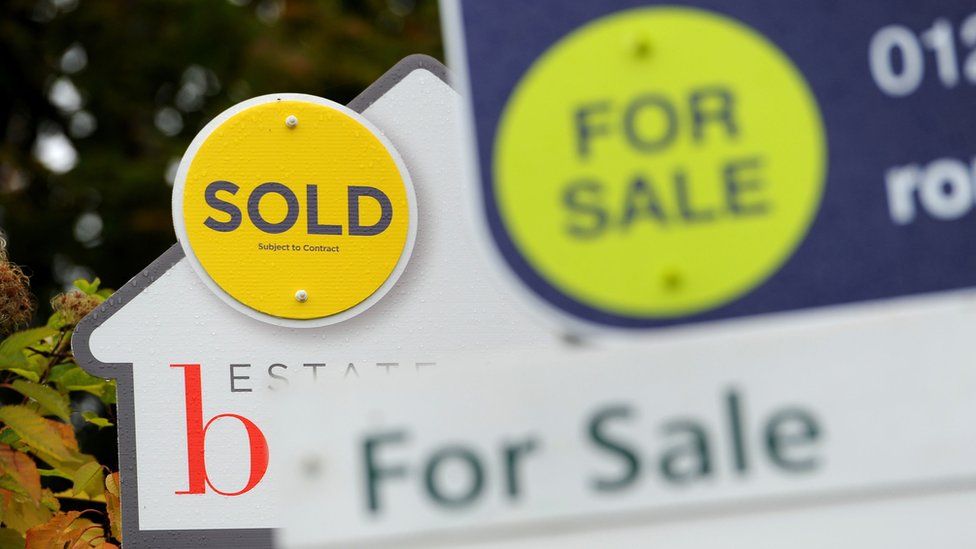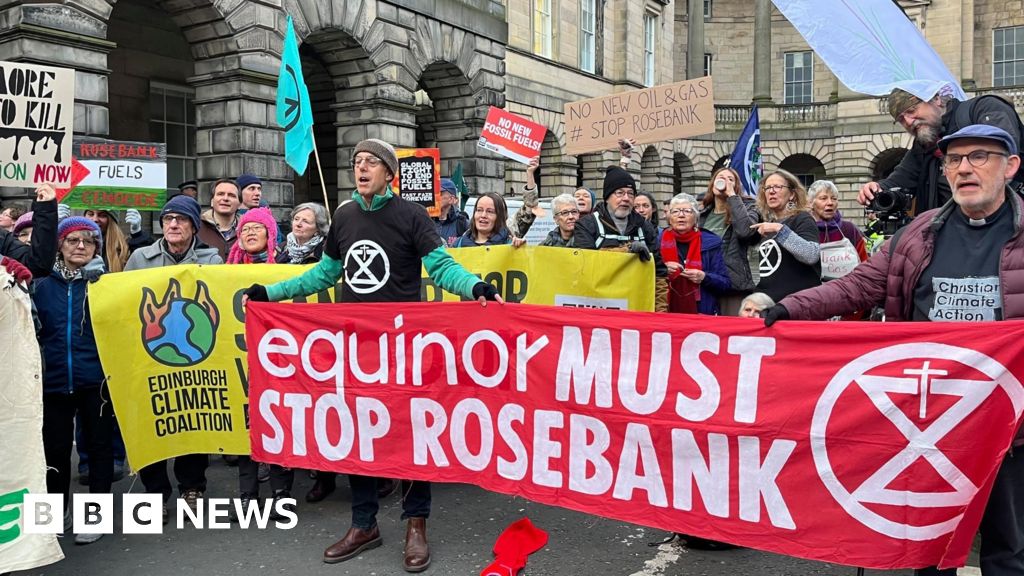ARTICLE AD BOX
By Kevin Peachey
Personal finance correspondent, BBC News
 Image source, PA Media
Image source, PA Media
More homes were sold in the UK in July than in any other month this year, official figures show, but agents say buyers are showing more caution.
Cost-of-living pressures were leading some to negotiate harder for a lower price, agents said.
A total of 110,970 properties were sold in the UK during the month - the highest since September, HM Revenue and Customs data shows.
Activity in the housing market usually picks up during the warmer months.
Sales surged during, and despite of, the pandemic as people searched for more inside and outdoor space, then slowed in the second half of last year.
Consistent monthly sales of around 100,000 this year show that demand remains comparatively strong, but there are signs that the squeeze on budgets caused by rising prices and bills were having an effect.
Sales in July were still 33% higher than the same month last year and 7.2% higher than June, HMRC said.
Nathan Emerson, chief executive of the estate agents' trade body Propertymark, said: "These figures show the housing market remains stable with transactions up month-on-month, year-on-year and well above pre-pandemic levels.
"The cost of living is still rising and we are seeing evidence of buyers negotiating harder, bringing price increases down. But our data from member agents shows the demand remains strong and that there with not enough stock to go round with the number of new potential buyers seven times higher than new homes coming to the market."
North London estate agent Jeremy Leaf said "concerns about the rising cost of living and interest rates are prompting a more cautious approach" from buyers, which meant sales were taking a little longer than previously.
The Bank of England has regularly raised interest rates as the cost of living has soared, meaning new buyers are facing more expensive mortgages than seen in recent years.
Julie-Ann Haines, chief executive of the Principality Building Society, told BBC Radio 4's Today programme that another 1.8 million homeowners were coming to the end of a fixed-rate home loan next year, so demand and pressure on banks and building societies was increasing.
She added that there were no signs of a UK housing market crash, although a slowdown was more likely.

 2 years ago
24
2 years ago
24








 English (US)
English (US)